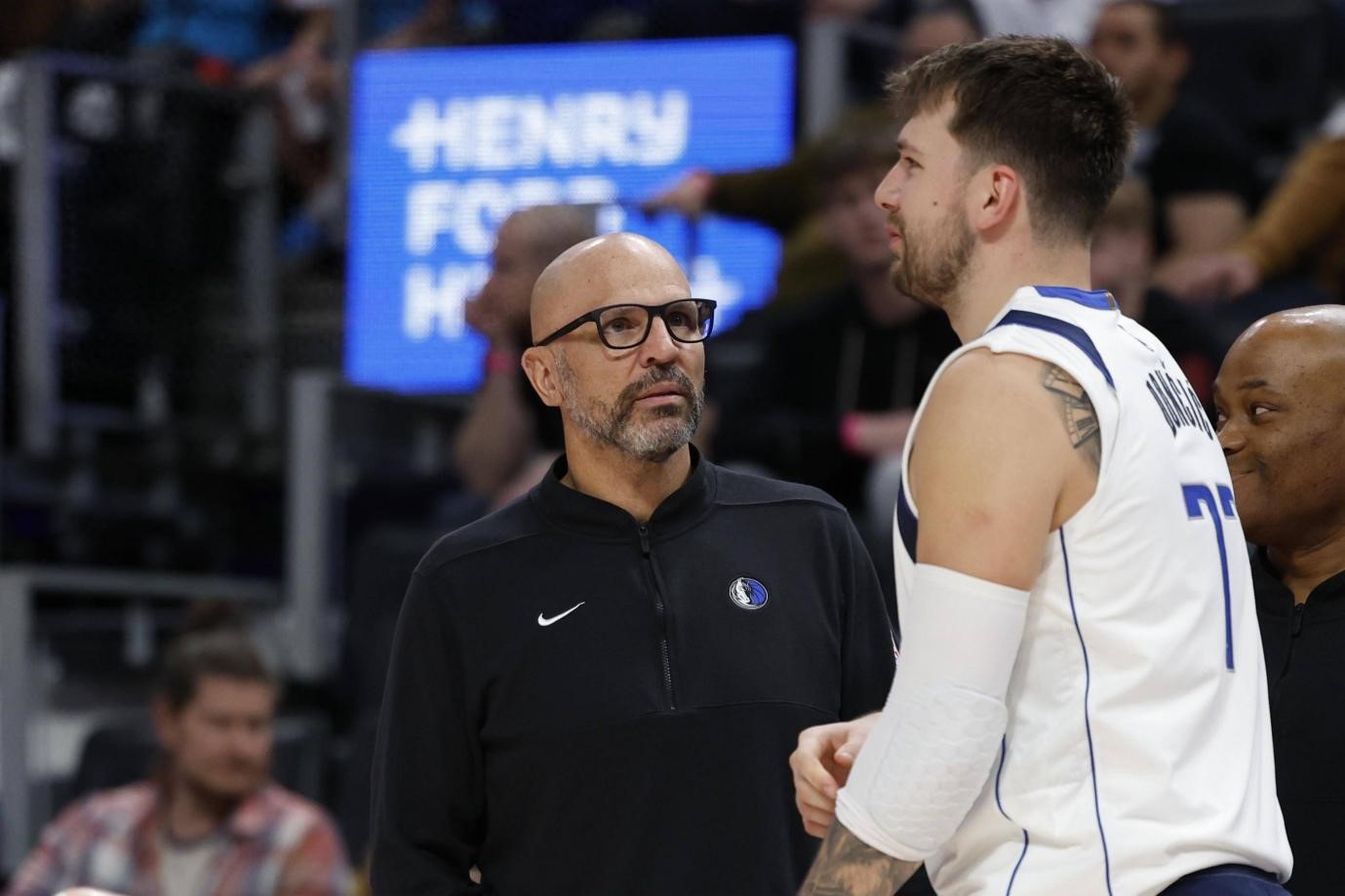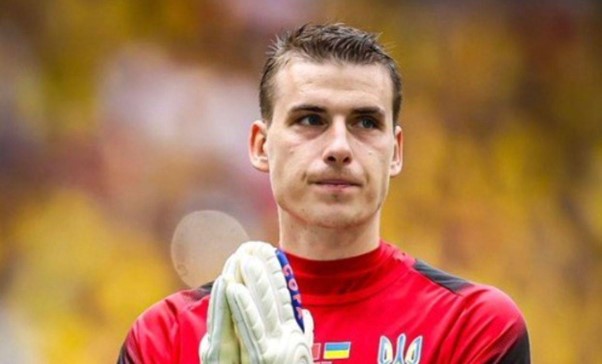近日,纽约大学医学院的博士后研究员瑞贝卡·罗宾斯(Rebecca Robbins)与其他研究人员浏览了超过8000个网站,以期了解人们对于睡眠的看法。之后,一组睡眠医学专家对这些看法一一进行了辟谣或证实。以下就是他们在其中发现的一些最常见的误解。
1. Adults need five hours or less of sleep 成年人只需要五个小时或更少的睡眠时间
Photo by bruce mars on Unsplash
Extensive evidence shows that consistently getting five hours of sleep or less greatly increases risk of adverse health consequence, like that of cardiovascular disease and early mortality. They say this myth poses the most serious risk to health from long-term sleep deficits.
大量证据表明,睡眠时间长期小于等于5小时会大大增加健康损伤的风险,比如心血管疾病和早死几率。他们还表示:由于这个流言会导致人们长期睡眠不足,因此所造成的健康风险最为严重。
adverse: adj. 不利的;相反的;敌对的
2. Drinking alcohol before bed will help you sleep 睡前喝酒会帮助你入睡
Photo by Amadeo Valar on Unsplash
Many people think a drink before bed will help them have a good night's sleep. Robbins says, nope – it's a myth. A drink before bed may help someone fall asleep, but it dramatically affects quality of sleep. It pulls a sleeper out of REM and deeper sleep. You may still spend time sleeping, but you won’t be fully restored.
很多人认为睡前喝一杯可以帮助自己睡个好觉。但罗宾斯对此表示:这是谣言。睡前喝一杯或许可以帮助某些人入睡,但却会显著影响其睡眠质量。这会导致你无法进入快速眼动睡眠与深度睡眠。你可能确实花了时间睡觉,但你不会彻底恢复精神。
REM: (睡眠)快速眼部运动的; rapid eye movement的缩写
3. Watching television in bed helps you relax before sleep 在床上看电视可以帮助你在睡前放松
Photo by Joanes Andueza on Unsplash
A lot of people fall asleep in front of a TV in the bedroom, but watching television is not an optimal way to relax. Nightly news and other programming can lead to stress when we're trying to power down and can lead to insomnia, says Robbins. These devices also emit bright blue light, which tells our brain to perk up, not sleep. Avoid blue light from TV and phones and instead do things that relax you.
很多人都会在卧室里看着电视睡着,但看电视并不是放松的最佳方式。罗宾斯表示,在我们打算休息时,夜间新闻及其他节目可能会让我们感到压力,并且会导致失眠。此外,这些设备也会发出明亮的蓝光,告诉我们的大脑应该振作起来,而不是开始睡觉。我们应该避免电视和手机所发出的蓝光,而去做其他令自己放松的事情。
insomnia: n. 失眠症,失眠
4. It’s best to stay in bed and try to sleep 睡不着的时候也要躺在床上
Photo by Kinga Cichewicz on Unsplash
Many people think that if they’re having trouble falling asleep, it’s best to stay in bed and try. Unfortunately, if we stay in bed and keep trying unsuccessfully, we eventually associate our bed with insomnia. It should take about 15 minutes to fall asleep. If you’re waiting longer than that, get out of bed and change the environment. Instead, get up, do something mindless, like folding socks, and keep the lights low. Only return to bed when you feel tired.
许多人认为,睡不着的时候最好留在床上继续尝试。不幸的是,如果我们待在床上继续尝试后,还是会睡不着,最终便会将自己的床与失眠联系起来。你应该在15分钟内入睡,如果你入睡的时间太长,那就下床并改变一下环境。你可以去做一些不需要动脑的事情,比如叠袜子,并保持灯光昏暗,感到疲倦时再回到床上睡觉。
5. Snoring is harmless 打鼾是无害的
Photo by Gregory Pappas on Unsplash
Snoring can be harmless, but it can also be a sign of sleep apnea, a potentially serious sleep disorder. The researchers encourage patients not to ignore loud snoring. Instead, see a doctor to rule out sleep apnea since it may lead to heart stoppages or other illnesses.
打鼾可能是无害的,但也可能是睡眠呼吸暂停的征兆,这是一种潜在的严重睡眠障碍。研究人员鼓励患者不要忽视自己的响亮鼾声,而是应该去看医生,排除睡眠呼吸暂停的可能,因为该障碍可能导致心脏停搏或其他疾病。
apnea: n. 窒息, 呼吸暂停
6. Hitting the snooze button is better than getting up right away 赖一会儿床比立即起床要好
Photo by Kinga Cichewicz on Unsplash
Most of us will be groggy from inertia when the alarm goes off, says Robbins, but forego the snooze button. Your body may go back to sleep, but it will be very light, low-quality sleep. Robbins suggests getting up and getting outside into the blue light of the day as quickly as possible.
罗宾斯表示,当闹钟响起时,我们大多数人都会因惰性而昏昏欲睡,但请不要按下贪睡按钮。我们的身体可能会重新入睡,但却睡得很轻,睡眠质量也很低。罗宾斯建议起床后尽快到室外接触自然光。
groggy: adj. 酒醉的,无力的;东歪西倒的
inertia: n. 惰性,迟钝;不活动
7. Your brain and body can learn to function just as well with less sleep 睡眠少的情况下,大脑和身体也会跟着调整,正常运转
Photo by Anthony Tran on Unsplash
The experts say that when sleep is decreased, self-reported levels of sleepiness increase for the first several days before starting to plateau; but reduced sleep leads to sustained drops in performance.
专家们表示,当人们的睡眠减少时,自我报告的嗜睡程度在开始前几天会有所增加,之后便会趋于平稳,但睡眠减少会导致身体机能持续下降。
The study notes, "Further, nightshift workers, who habitually sleep fewer hours than day workers, face higher morbidity due to breast cancer and all-cause mortality than day workers." So while people may be able to “adjust” to less sleep and/or "circadian misalignment," they do so at the risk of serious health consequences.
该研究指出:“夜班工人通常比白班工人的睡眠时间更少,他们的乳腺癌发病率和全因死亡率均高于白班工人”。因此,虽然人们能够“调整”自己以适应较少的睡眠时间和/或“昼夜节律失调”,但他们这样做可能会导致严重的健康后果。
plateau: vi. 达到平衡;达到稳定时期
morbidity: n. 发病率
8. Sleeping in on weekends is a bad idea 周末睡懒觉是不好的
Photo by Julie Johnson on Unsplash
For this one, the jury is out – the researchers admit that some myths still cause disagreement among sleep experts, and this is one of them. "Although sleeping in on weekends does disrupt the natural circadian rhythm, for people in certain professions, such as shift workers, it may be better for them to sleep in than to get fewer hours of sleep overall."
关于这一点尚无定论。研究人员承认,一些流言也会在睡眠专家之间引发分歧,这就是其中之一。“尽管在周末睡懒觉确实会扰乱自然的昼夜节律,但对于某些职业的人来说,例如轮班工作者,他们在周末睡懒觉可能会弥补一些整体睡眠时间” 。
sleep in: 睡过头;迟起床
来源:煎蛋网、treehugger
编译:丹妮
来源:中国日报网

 十大足球直播推荐
十大足球直播推荐
















